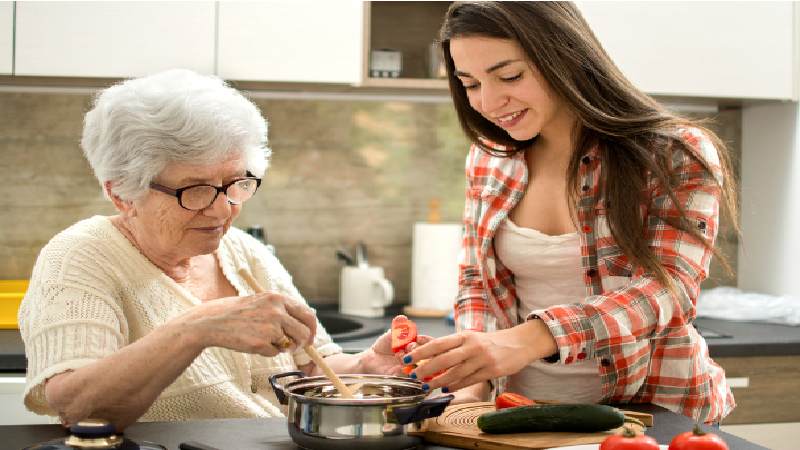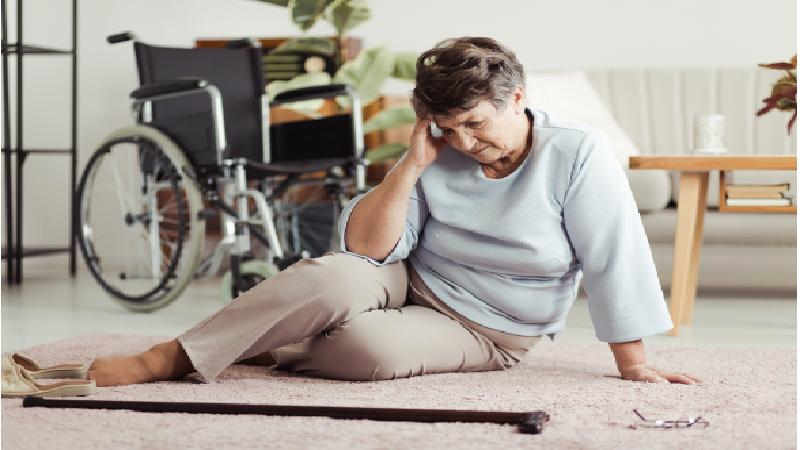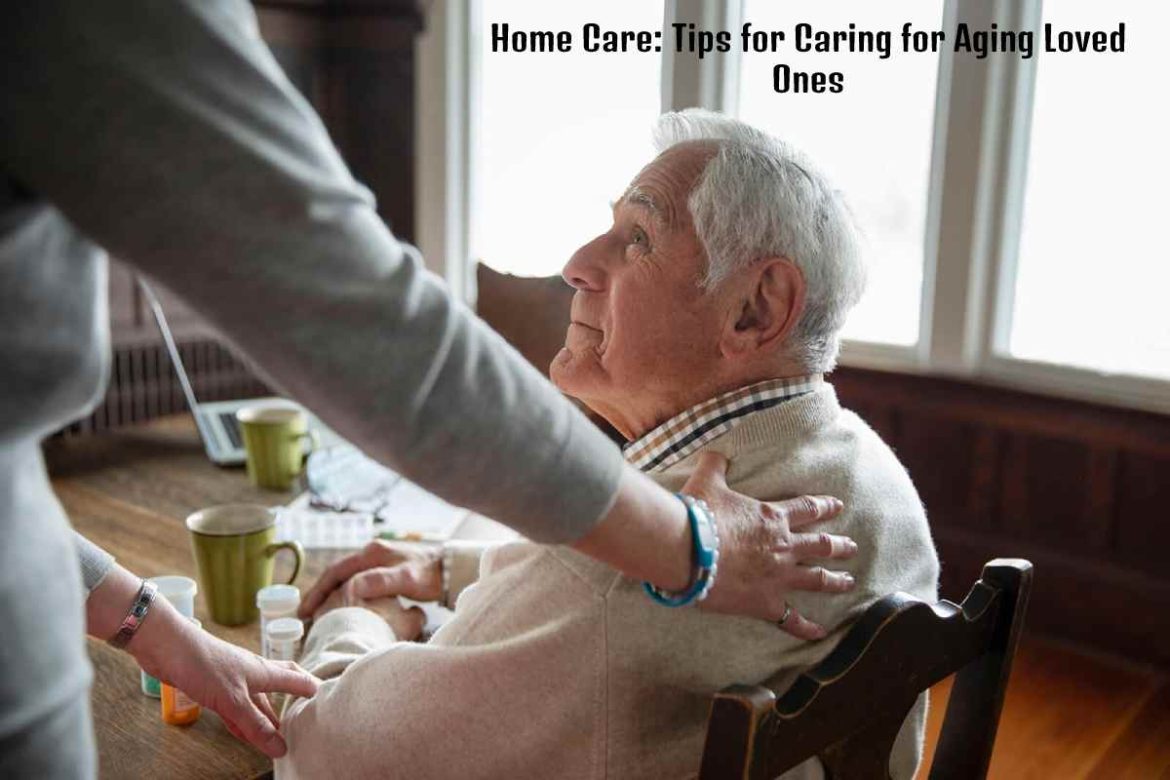Home Care: Tips for Caring for Aging Loved Ones Taking care of an ageing loved one is a big undertaking. Many family caregivers have no professional experience in caregiving and are simply doing it out of love. If you are new to caregiving, it’s easy to feel overwhelmed and lost, so we have rounded up eight tips to help you get started with taking care of a loved one at home — from getting adaptive clothing for women to doing a home safety audit.
Prepare Yourself For Change
Striding in to take care of a loved one, whether temporarily or permanently, will necessitate a lot of change in your life. You’ll never be able to prepare yourself for every potential thing that might happen, but you should mentally get ready for all the alterations you’ll need to make. You will also need to prepare yourself to see the changes in your loved ones. It can be really hard to see a relative begin to decline cognitively and physically. They might not be used to being taken care of, and they may get angry at themselves for needing help. Be ready to process these mood swings in both of you.
Mood swings and stress can also come from a fear of the unknown. Planning for seniors can be a stressful idea for you and your loved ones but once completed is beneficial to everyone. Allowing your loved ones to enjoy their golden years without the stress of future financial burden on you and other loved ones.
Establish A Routine.
Establishing a daily and weekly routine is key for getting both of you to acclimate to the new caretaking situation. Review your loved one’s current routine and try to keep at least some of it to start out with. This will give them a sense of understanding and make it easier to adjust to gradual changes over time. Try to keep certain daily “milestones” consistent — such as wake up and bedtimes, as well as mealtimes — to give a sense of rhythm to their days. However, don’t hesitate to modify the schedule as needed.

Make Daily Tasks Easier On Both Of You
If your loved one needs help with basic daily tasks, such as feeding and dressing, this can be stressful and time-consuming for both of you. Thankfully, many devices exist to make daily tasks easier for you both. For instance, senior clothing such as men’s elastic waist pants for seniors and diabetic footwear with Velcro closures make it easier for seniors to dress or be dressed by others. Utensil grips can make it possible for people with arthritis to hold a fork and spoon to feed themselves. Invest in some of these devices that are specifically tailored to your loved one’s conditions to make things easier on both of you.
Encourage Them To Stay Active
If your loved one is able to stay physically active, that will be a huge boost to their physical and mental health. Even if they are limited to a wheelchair, they can still do chair exercises to get their blood moving. If they have more mobility, there are many suitable low impact exercises for seniors, from bodyweight exercises to swimming to stationary bikes. If going to the gym is too much for your loved one, then help them set up some simple exercise equipment at home and show them how to stream workouts online.

Keep Their Home Safe
Whether your loved one is touching in with you or ageing in place in their own home, houses can pose many potential dangers to elderly people. Do a home safety audit to seek out tripping, falling and electrocution/fire hazards that need to be taken care of. Some common culprits include slippery stairs, loose rugs, extension cords and gas stoves, but there are many other possible hazards that each require their own fixes. Some homes will only need minor upgrades, while others will require more extensive renovations to make them safe.
Stay On Top Of Their Healthcare
An elderly loved one’s needs can vary quite a bit depending on their health. Someone with Alzheimer’s will need completely different care from someone with arthritis, for example. Stay current with your loved one’s various appointments as well as their medications. Monitor them closely for signs of change and keep their doctors up to date on anything noteworthy. Follow the doctor’s instructions for dietary and lifestyle recommendations, which can make a big difference in your loved one’s longevity.

Take Care Of Yourself
When you first begin taking care of an elderly loved one. It’s all too easy to let your own health take a backseat. However, it’s really important to take care of yourself in the same way that you take care of others. Think of it as putting on your own oxygen before helping someone else. If you burn out or get sick, then you won’t be able to take care of anyone else. Stay on top of your own healthcare and make sure that you’re doing what you need to stay healthy — mentally and physically — whether that’s working out regularly, meditating every day or something else entirely.
Ask For Help When You Need It
Many newbie caretakers take on too much right out of the gate, exhausting themselves and burning out quickly. Rightly or wrongly. So, they often feel like they have to take care of everything themselves. Even if there are other family members willing to pitch in (or the budget to hire a professional caretaker). Don’t be afraid to ask for help and delegate tasks as needed. Maybe you don’t want your spouse taking care of your elderly parents, but they can take over the grocery shopping and cook for you. If you have the money, you can also consider hiring a home health aide. Either part-time or full-time or using those funds for a cleaning service, grocery delivery and other necessary tasks.
Taking care of an ageing loved one can be difficult for both of you to adjust to, but it’s so worth it to know that they are being taken care of by someone they know. Follow these tips to get started with providing home care to an elderly loved one.


